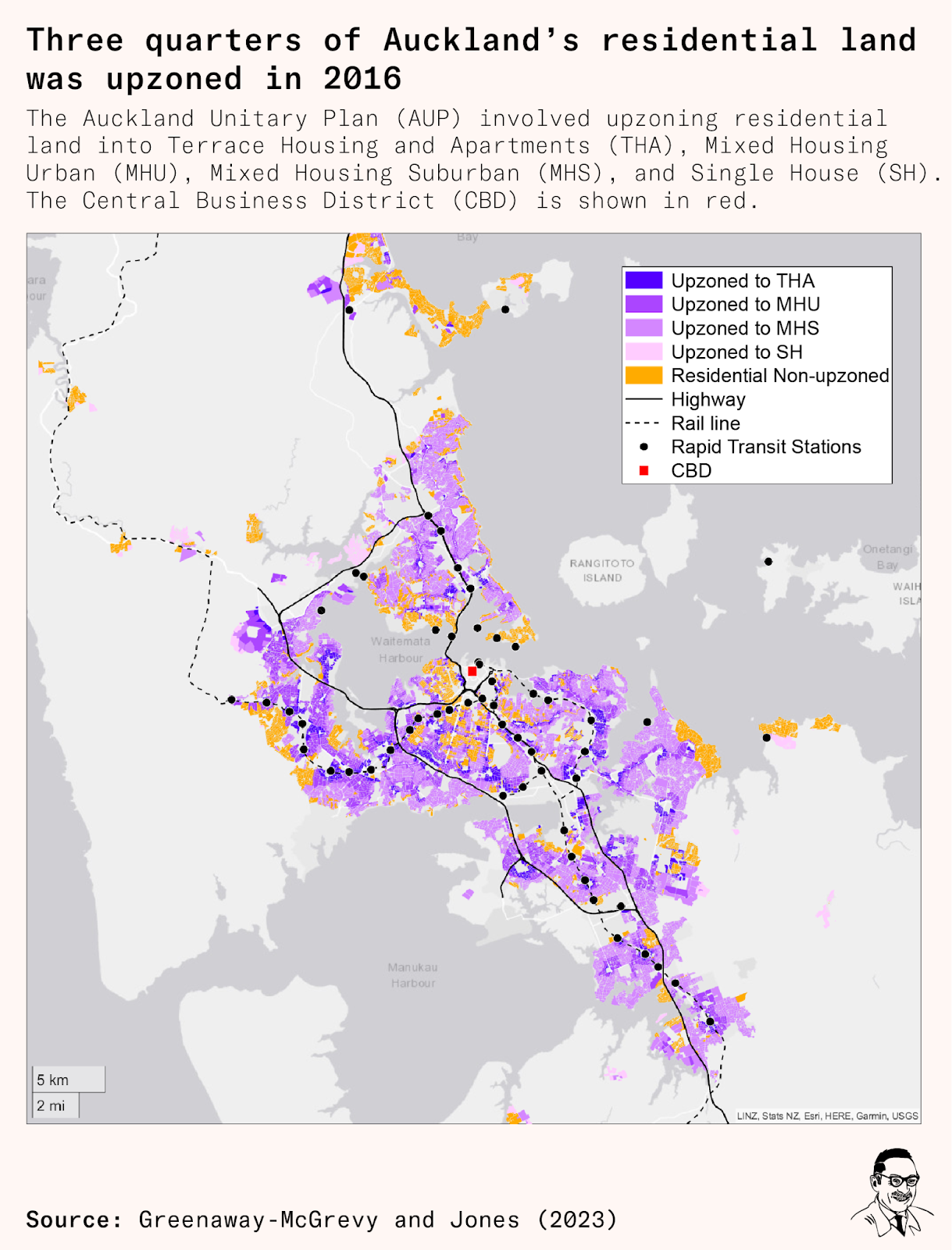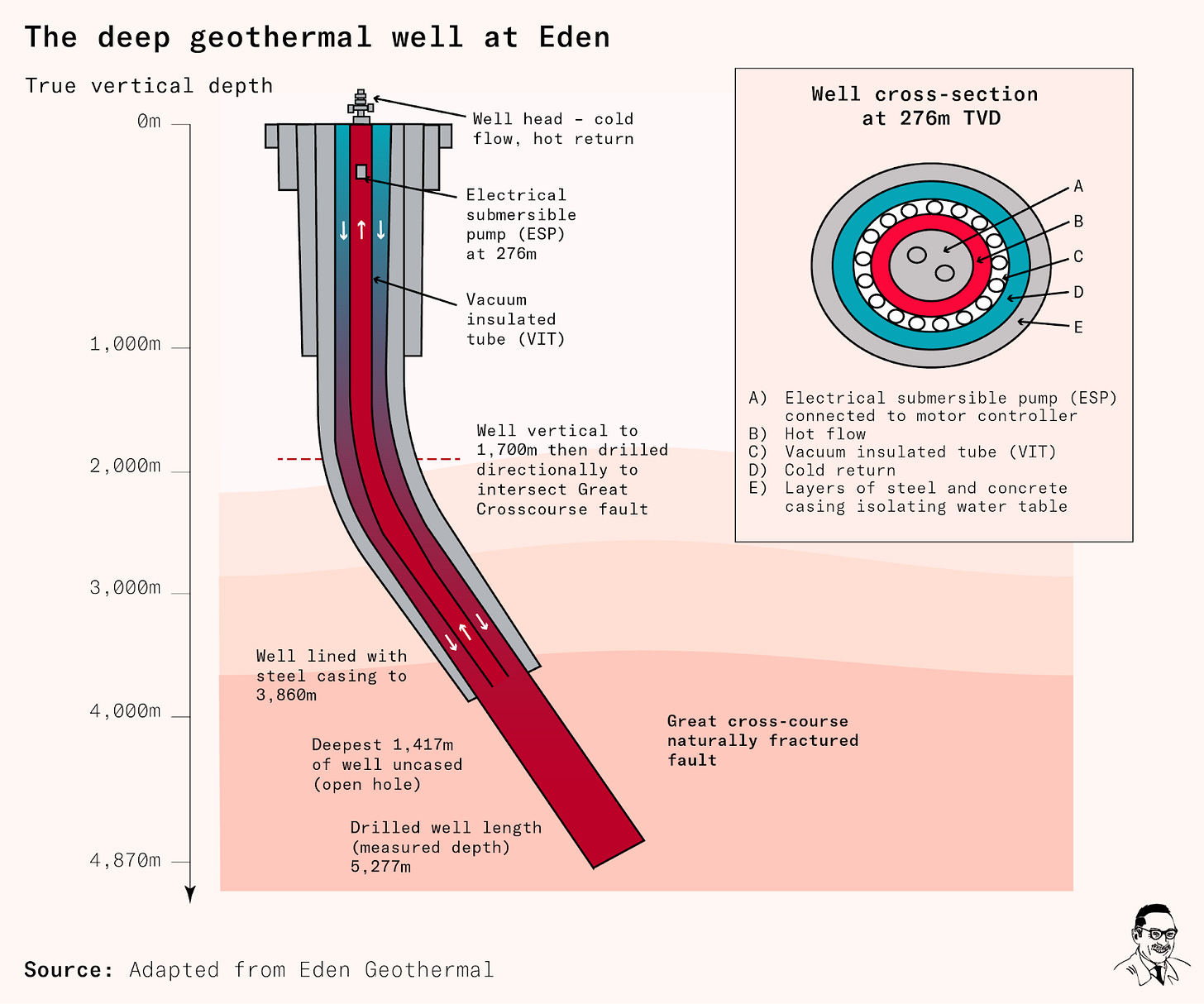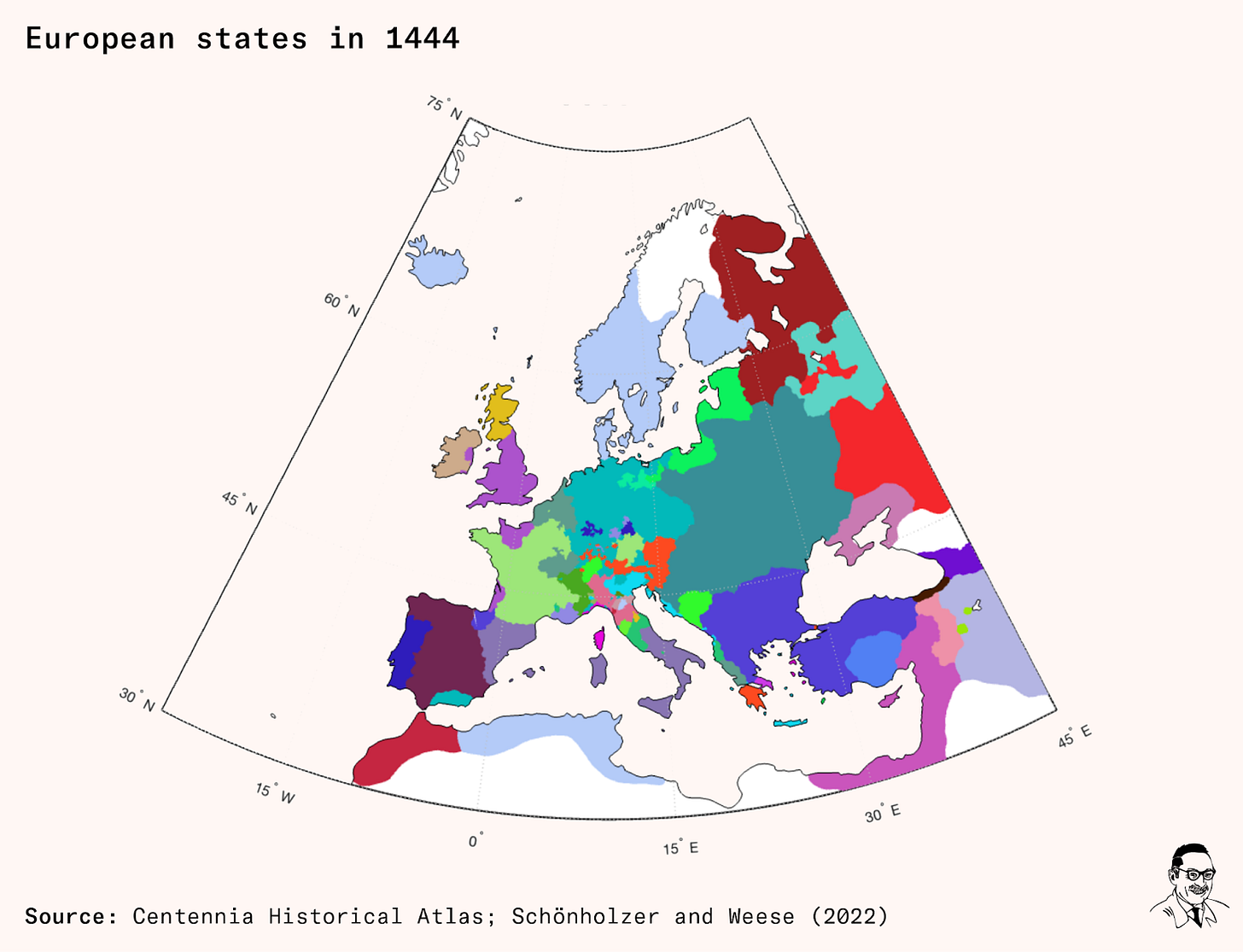Issue 13: Deep heat
Plus: the cocktail revolution, how war improved European states, and the mathematical basis of the Industrial Revolution
Works in Progress’s 13th issue is out now.
Our lead piece tells the story of how mathematics helped to make the modern world. Geometry gave us perspective in painting and drawing. Algebra gave us triangulation and measurements of the world. And the mathematic mentality also gave us industrial machinery – steam engines, trains, machine tools, and factories.
The issue also includes essays on:
The story of upzoning in New Zealand, which recently passed one of the world’s most ambitious housing policies, but is now be at risk;
Science’s sleeping beauties, papers that are ignored for decades before becoming widely-cited. Sometimes this is a quirk of citation, but other times they reveal the hidden knowledge buried within the scientific literature;
Tapping the heat of the earth’s core to harness clean, reliable power;
The cocktail revolution of the past thirty years;
Asbestos, which held so much promise, before we discovered its darker side; and
How warfare between European states might have improved their governance over the centuries.
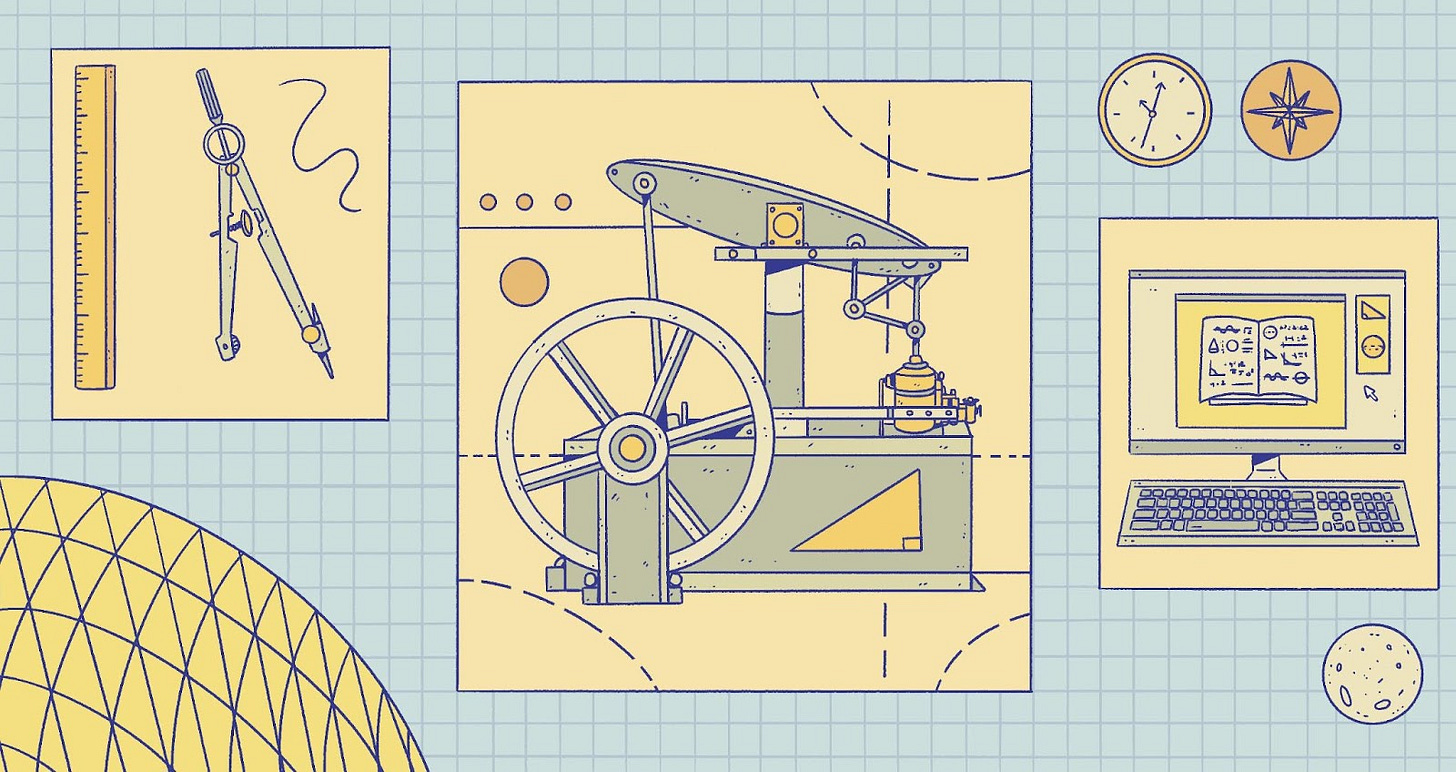
Most inventors and innovators during the Industrial Revolution had almost no knowledge of science at all. What they did have, say Bo and Hannes Malmberg, was mathematics training. Practically every technological advance made in Europe between the 1200s and 1800s was driven by the spread of basic mathematics training across Europe, from mapmaking and navigation to manufacturing and precision engineering.
New Zealand recently passed the most ambitious nationwide upzoning reform in the Western world, forcing nearly every neighborhood in the country’s major cities – comprising nearly 60% of the country’s population – to allow three-storey townhouses and small blocks of flats in place of short single-family units. But although these rules now hang in the balance after the last election, important gains will remain, argue Marko Garlick and Eleanor West.
Chinese medicine has proclaimed the benefits of red yeast rice for centuries. In 1989, medical researchers proved that the main ingredient, Monacolin K, was identical to Lovastatin, the first statin, and a widely prescribed prescription drug for blood pressure and high cholesterol. Tumor-causing viruses were effectively discovered in 1911, but it wasn’t until recently that we could do anything with this information, or use it to better understand cancer. What other important knowledge, asks Ulkar Aghayeva, might also be hiding in plain sight, and could we use advances in AI to find it faster?
Every square meter of the earth’s crust is receiving something like 100 megawatts of energy from the earth’s core. We currently harness very little of it – only a few countries with unique geographies like Iceland and New Zealand get any notable amount of power from geothermal energy. With a bit of derring-do we could tap into this, says Tom Ough. We could adopt some of the techniques involved in shale fracking, or we could design lasers that can vaporize rock, to avoid the problems of overheating that normal drills face. The prize for doing it would be nearly unlimited free, sustainable, green energy. Best of all, unlike wind and solar power, it’s constant and reliable, so there is no need for storage, blackouts, or demand shifting.
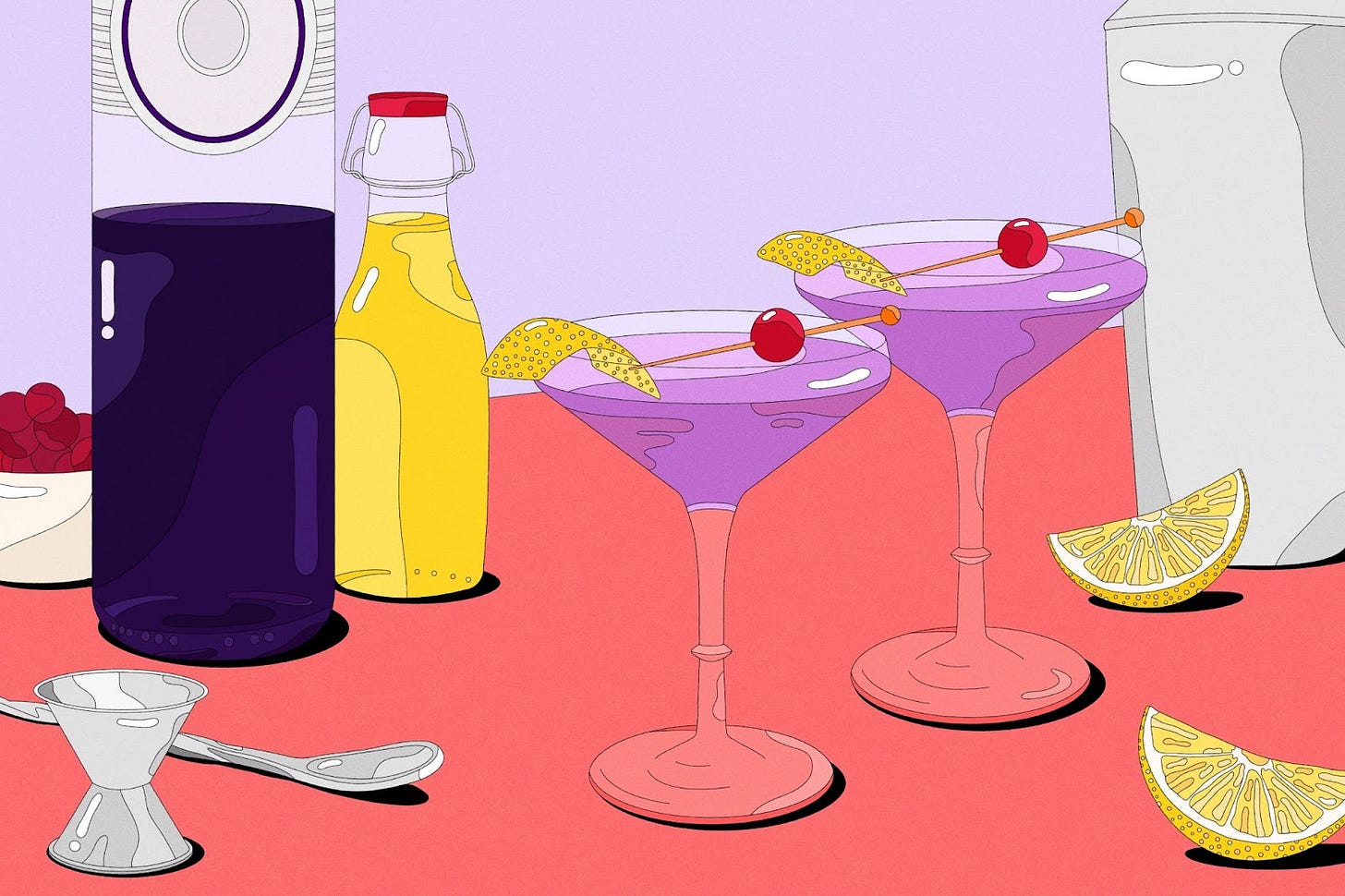
Cocktails are no longer just a way to disguise the taste of alcohol with overpoweringly sour or sweet flavors. Instead, bartenders and mixologists are digging up old recipes and inventing new ones, reports Peter Suderman, that take advantage of higher quality ingredients, and rediscovering old ones. Today, even ‘bad drinks’ are good.
For all of history, and until very recently, cities around the world used to burn down regularly, killing thousands and destroying acres of valuable buildings. Then came asbestos. Asbestos was almost magic, practically impervious to fire. Beginning with theater curtains, we incorporated asbestos into almost every inch of our built environment. But if you hear the word asbestos today, only one thing is likely to come to mind: cancer. And when we worked out other ways to control fires, society was unwilling to take on the health risks required – especially of miners. Mano Majumdar reflects on the material as it meets its final days.
War is the paradigm example of a costly, destructive human activity. Of everything we do, the death and damage wrought by war is surely the most pointless and wasteful. And yet, competition between states, including through war, was an important part of why Europe got rich, according to David Schönholzer. States that didn’t steadily improve their governance lost wars, and thus lost out in the ‘market for governance’. In essence, war forced states to evolve to become more responsive and efficient year by year.
Books in Progress:
Stewart Brand continues to release new sections of his forthcoming book, Maintenance: Of Everything, on Books in Progress. You can opt-in to receive Substack notifications here.
Since our last newsletter we’ve released five further sections from the book.
YouTube Rules: the website has boundless videos showing how to fix everything, which its two billion users rely on.
Rust Never Sleeps: we want to make rust go away, and it just won’t. So we negotiate.
How Poor Maintenance Loses Wars – 1973: Israel found a new way to fight a war: by repairing your enemy’s abandoned weapons to victory.
Sustainment – the Concept: ‘sustainment’ and ‘mission command’ are ideas worth spreading.
How Poor Maintenance Loses Wars – 2022: Ukraine found another formula for victory: transforming your military culture toward innovation and maintenance.
Follow Stewart Brand on Twitter for more updates on the project. Helpful commenters will be thanked in the eventual printed release.
Even more
Do you use Apple News? If so, you can follow Works in Progress here.
You might think that there is a tradeoff between fertility and women’s liberation. Traditional values give us more babies – which is good – but at the cost of women’s autonomy. However, this doesn’t appear to be true, according to an analysis of the World Values Survey by Phoebe Arslanagic-Wakefield and Anvar Sarygulov.
Forests have followed the same environmental Kuznets Curve as everything else, shows Stephen Clare. Industrialisation begins by cutting them down, but eventually rich countries begin increasing their tree cover.
Stripe Press has held pop-ups in San Francisco, Dublin, and London recently. The next one is this Saturday 18th November, in New York City. RSVP here.
There have been many new episodes of the two podcasts we sponsor: The Studies Show and Bretton Goods.
What we’ve been up to
Ben has been researching and writing about infrastructure, especially roads. He explained the dark secret of high British infrastructure costs: everyone wants it that way. He argued that induced demand is fake, and roads are good. But he pointed out that roads have enormous externalities, plus they take up lots of scarce land, so we shouldn’t want them to be everywhere. He also wrote a thread speculating that Americans had high car ownership before cars were invented, and one on how much new infrastructure raises property prices. Ben has also been researching crime, and has written Twitter threads on recidivism by murderers from the USA, the Netherlands, Sweden, Finland, Denmark,
Saloni wrote a big round up of scientific advances in her newsletter Scientific Discovery. She was also on the podcast Hear This Idea, talking about the history of malaria.
Sam went to Peru with his mother. He also went on Jimmy’s Jobs, a podcast about the future of work.
Nick joined the RAND Corporation as a technology and security policy fellow, where he will be doing AI policy research.
More from around the web
The small meltdown and release of radioactive material at Three Mile Island in the USA in 1979 put the final nail in the coffin of affordable nuclear power in America. It may have been avoided if an early whistleblower had not been silenced.
The Federal Aviation Authority is massively liberalizing its regulations on personal aviation – is it finally the age of the flying car?
If we had all the energy we could ever want, what would we even do with it? It turns out there’s an awful lot: suck carbon out of the air, desalinate water wherever we liked it, and generate abundant cheap carbon neutral ‘fossil’ fuels.
And why does electrifying railways cost three times as much in Britain than in Germany?
Friends of Works in Progress have launched a beautiful new magazine – The Latecomer – with an exciting slate of launch articles.
In England & Wales’s 1911 census, 0.02 percent of people, or 6,082, were registered as being born at sea.
In the 19th Century, the only planning requirement British infrastructure had to go through was a committee of five MPs, who couldn't own land in the route, represent a constituency there, or have shares in a railway proposal they considered.
Letters from Herculaneum’s ancient scrolls have been deciphered, through the use of machine learning and a particle accelerator.
We are about to embark on one of the biggest things that the human species has ever done: transitioning from fossil fuels to electricity (and green sources of it). But we have done this before – when we transitioned from wood to coal power.
The long, sad story of America’s attempts to build high speed rail.
Dublin, Ireland had the world’s first commuter railway, which opened in 1834.
Tyler Cowen has a new book. It’s called Goat: Who is the Greatest Economist of all Time and Why Does It Matter? You can talk to it.
See ya.
— Saloni, Nick, Sam and Ben



